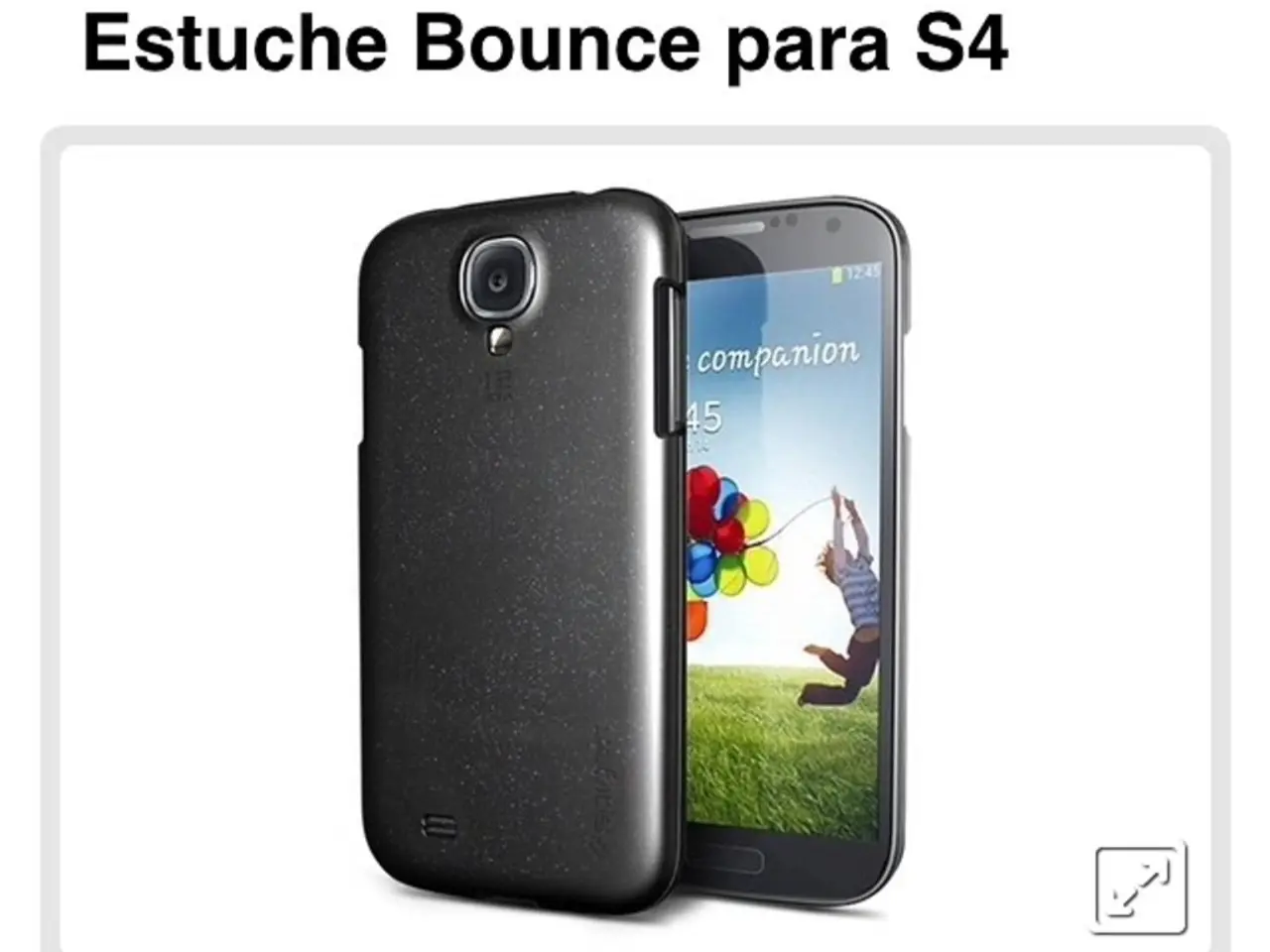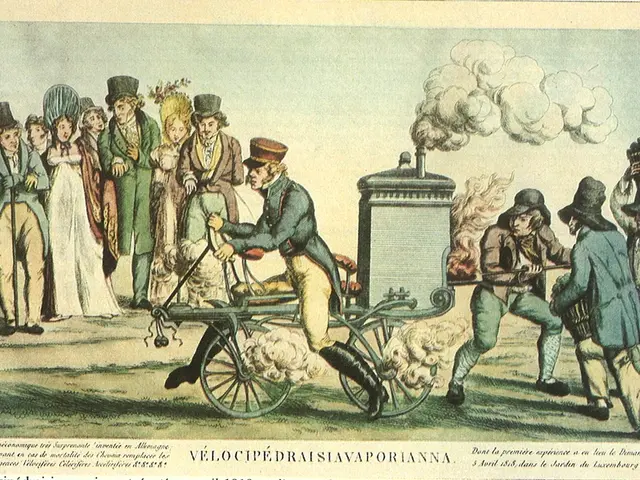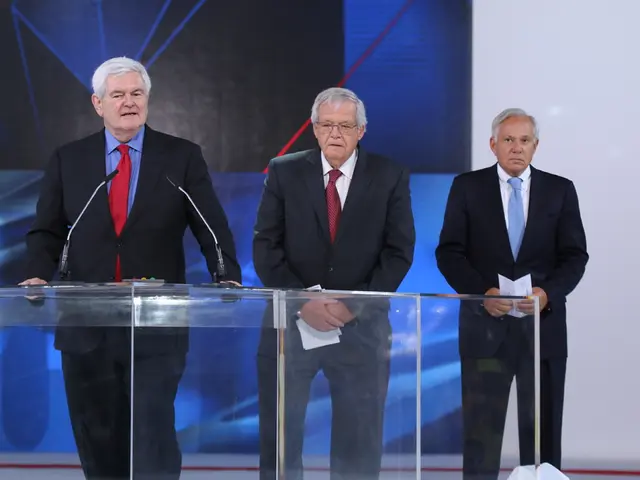Tactics for Mobile Advertising in Political Elections
In today's digital age, mobile marketing has become a valuable tool for political campaigns, providing a direct and cost-effective way to engage voters and boost campaign visibility.
Mobile platforms, such as smartphones, apps, SMS, push notifications, and mobile-optimized content, are increasingly being utilized to connect with voters and mobilize support.
One of the key advantages of mobile marketing is its personal and targeted nature. SMS messages, for instance, allow campaigns to share updates, rally support, and remind voters about events or polling information directly and immediately. Geotargeting takes this a step further by delivering location-specific messages to voters based on where they live, attend events, or vote.
Social media platforms like WhatsApp, Instagram, and Facebook, integrated with mobile marketing, expand the reach of campaigns. Short, vertical, subtitled videos designed for fast loading and emotional appeal perform well on these platforms, making them a powerful tool for political campaigns.
Campaign-specific apps can centralize content, enable volunteer coordination, offer live updates, collect donations, and personalize voter engagement. These apps can be a game-changer, streamlining operations and fostering a sense of community among supporters.
However, implementing mobile political strategies is not without its challenges. Platform fragmentation, data privacy compliance, content overload, and maintaining engagement across diverse voter groups are some of the hurdles that campaigns must overcome.
To navigate these challenges, campaigns must handle user data responsibly, obtain consent for communications, and comply with digital privacy and election laws. Chatbots can assist in this regard, answering questions, guiding users to resources, collecting feedback, and simulating personalized interactions with the campaign.
Mobile devices are often more accessible than computers in rural areas, making SMS and voice-based outreach especially effective. Mobile marketing can also support voter registration efforts by sending links to voter registration portals, using chatbots for assistance, and reminding users of deadlines through SMS and notifications.
Mobile strategies can be used for political fundraising through mobile payment links, QR codes, and SMS donation prompts. QR codes can link to campaign videos, donation pages, registration forms, or volunteer sign-ups, simplifying access via a mobile scan.
Effective mobile marketing strategies involve using text message (SMS) and peer-to-peer (P2P) texting platforms, automated calls (robocalls), and mobile-targeted social media ads to engage voters, boost turnout, and increase candidate recognition. P2P SMS Messaging platforms like RoboCent enable direct, real-time voter communication with text and image capabilities, live status tracking, and U.S.-based support.
Key metrics for tracking mobile campaign performance include open rates for SMS, click-through rates for mobile ads, app engagement stats, and response rates to push notifications. By continuously monitoring these metrics, campaigns can refine their strategies and maximize their impact.
In conclusion, a successful mobile strategy integrates advanced analytics, respects opt-in and regulatory requirements, employs multi-channel mobile outreach (text, calls, social media), and personalizes messaging based on voter data to maximize engagement and voter turnout.
Read also:
- Today's most impactful photographic moments
- Support for Eric Adams in The Post's Letters to the Editor on August 13, 2025
- Roosting Shark and Rambunctious Red Squirrels: Unconventional House Rental in Yorkshire Involving Aquatic Marvel, Squirrely Mayhem, and Mystical Planning Regulations
- Legal Dispute Dismissed with Humor: Supreme Court Laughs off Another Civil Matter Mislabeled as Criminal Prosecution








